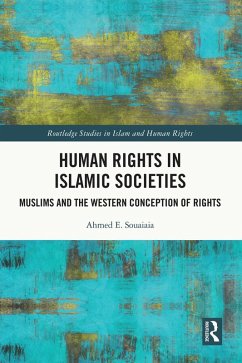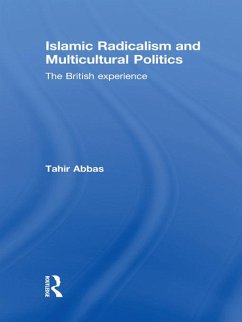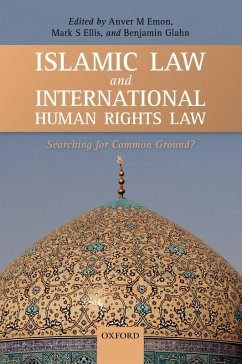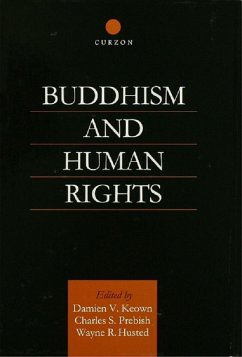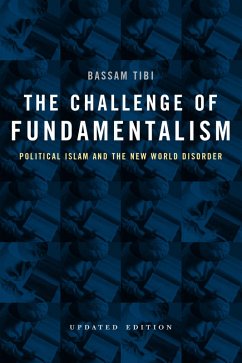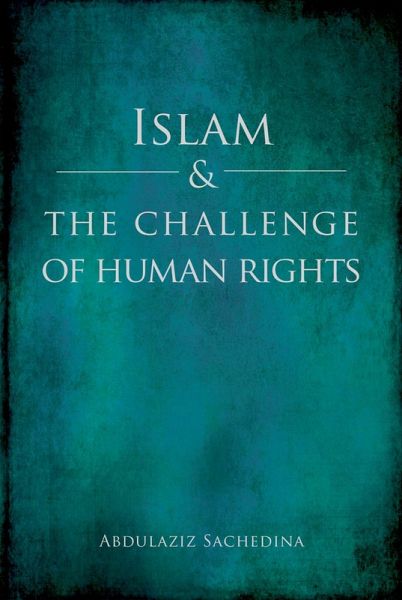
Islam and the Challenge of Human Rights (eBook, ePUB)
Versandkostenfrei!
Sofort per Download lieferbar
16,95 €
inkl. MwSt.
Weitere Ausgaben:

PAYBACK Punkte
8 °P sammeln!
In 1948, the General Assembly of the United Nations adopted and proclaimed the International Declaration of Human Rights, a document designed to hold both individuals and nations accountable for their treatment of fellow human beings, regardless of religious or cultural affiliations. Since then, the compatibility of Islam and human rights has emerged as a particularly thorny issue of international concern, and has been addressed by Muslim rulers, conservatives, and extremists, as well as Western analysts and policymakers; all have commonly agreed that Islamic theology and human rights cannot c...
In 1948, the General Assembly of the United Nations adopted and proclaimed the International Declaration of Human Rights, a document designed to hold both individuals and nations accountable for their treatment of fellow human beings, regardless of religious or cultural affiliations. Since then, the compatibility of Islam and human rights has emerged as a particularly thorny issue of international concern, and has been addressed by Muslim rulers, conservatives, and extremists, as well as Western analysts and policymakers; all have commonly agreed that Islamic theology and human rights cannot coexist. Abdulaziz Sachedina rejects this informal consensus, arguing instead for the essential compatibility of Islam and human rights. He offers a balanced and incisive critique of Western experts who have ignored or underplayed the importance of religion to the development of human rights, contending that any theory of universal rights necessarily emerges out of particular cultural contexts. At the same time, he re-examines the juridical and theological traditions that form the basis of conservative Muslim objections to human rights, arguing that Islam, like any culture, is open to development and change. Finally, and most importantly, Sachedina articulates a fresh position that argues for a correspondence between Islam and secular notions of human rights.
Dieser Download kann aus rechtlichen Gründen nur mit Rechnungsadresse in A, B, BG, CY, CZ, D, DK, EW, E, FIN, F, GR, HR, H, IRL, I, LT, L, LR, M, NL, PL, P, R, S, SLO, SK ausgeliefert werden.





